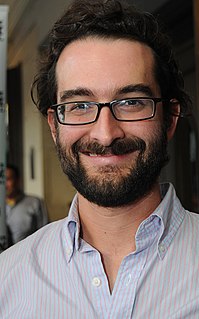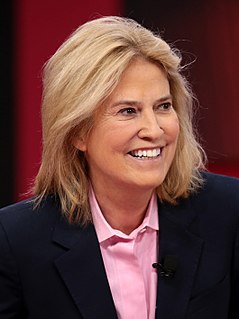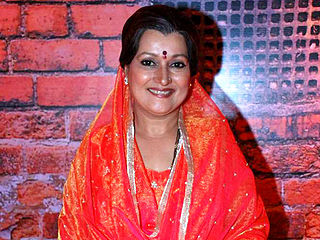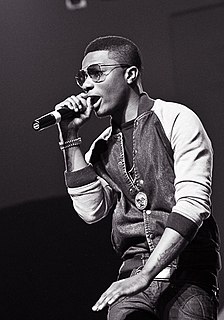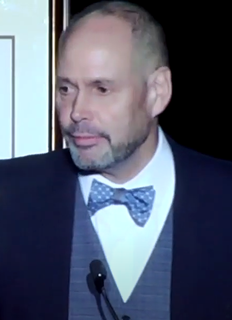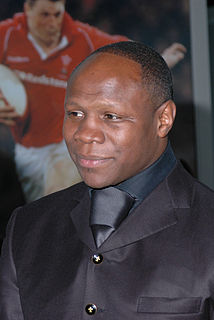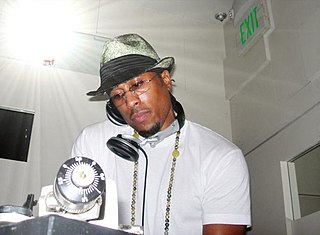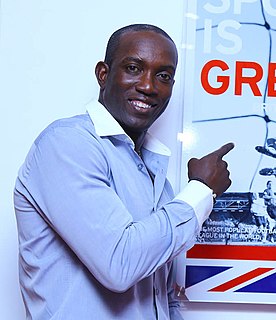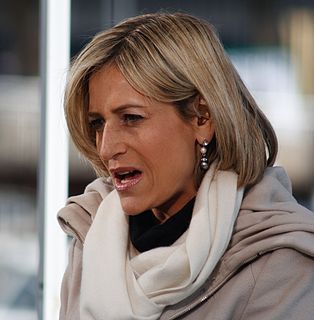A Quote by Jay Duplass
An interview is only as good as both parties are willing to give to the interview and that includes the interviewer.
Quote Topics
Related Quotes
I think like a genius, I write like a distinguished author, and I speak like a child.... My hemmings and hawings over the telephone cause long-distance callers to switch from their native English to pathetic French. At parties, if I attempt to entertain people with a good story, I have to go back to every other sentence for oral erasures and inserts.... In these circumstances nobody should ask me to submit to an interview if by "interview" a chat between two normal human beings is implied.
